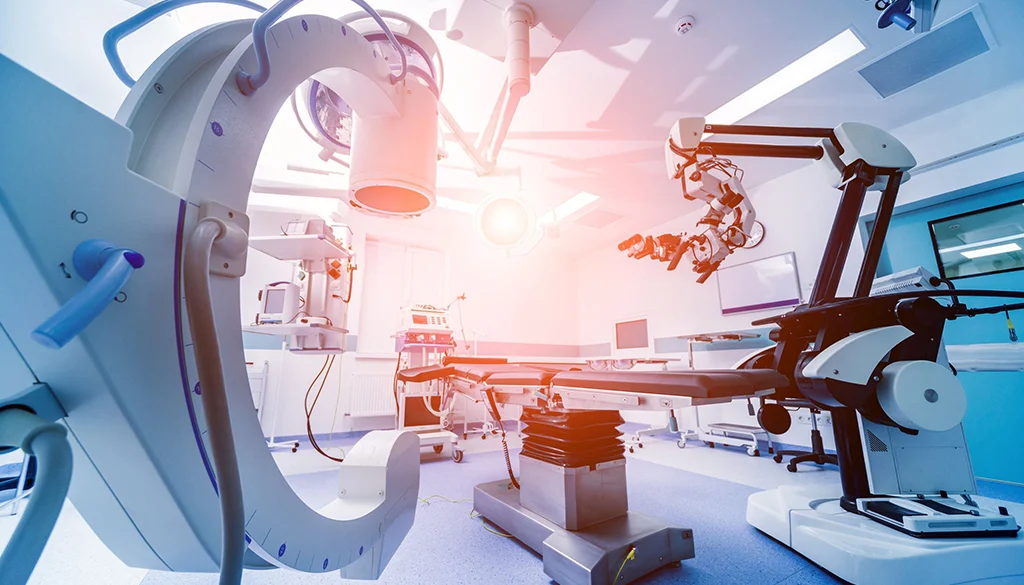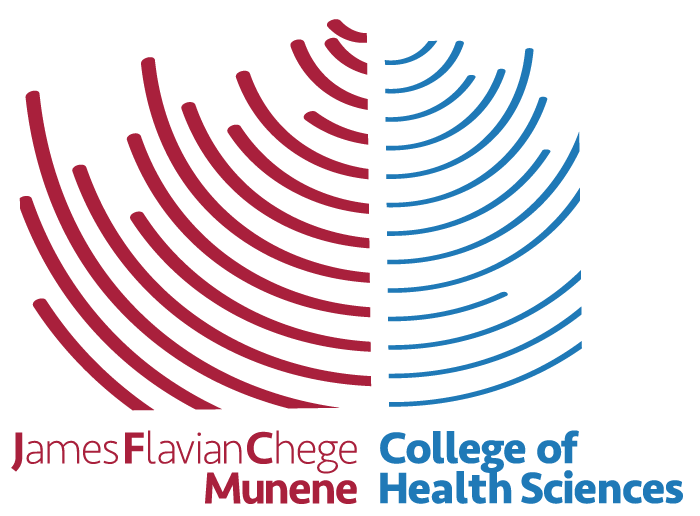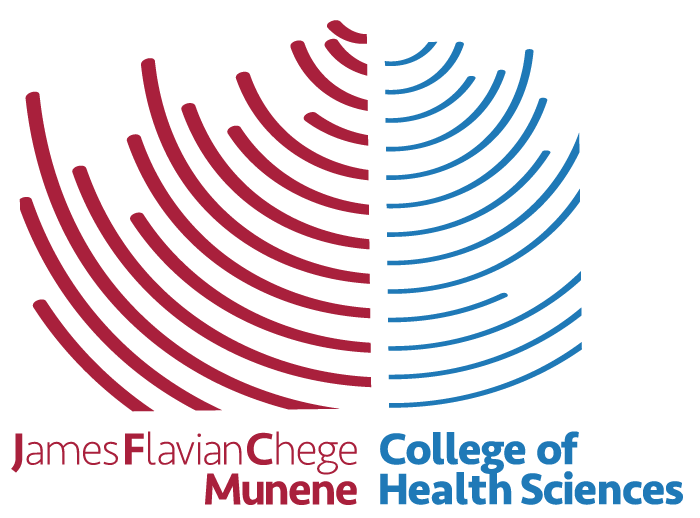Powering Healthcare Innovation: Diploma in Medical Engineering
Join our Diploma in Medical Engineering and gain the skills to design, maintain and troubleshoot essential medical equipment.
Step into a rewarding career ensuring healthcare technology runs safely and efficiently.
Diploma in Medical Engineering

Initiate a dynamic career with our Diploma in Medical Engineering program. This foundational course is crafted to provide you with key skills in areas such as medical device design, biomedical systems engineering, healthcare innovation, and effective technical communication. As you begin your professional journey, you will develop essential competencies needed to make a significant impact in various healthcare settings and medical research institutions.
Participation in this program will empower you to take on a crucial role in society, tackling important healthcare challenges and promoting advanced technological solutions with dedication and precision. This program establishes the basis for a rewarding career that enhances medical device development and contributes to overall advancements in healthcare technology and patient outcomes.
JANUARY 2025 INTAKE ONGOING
Start your journey toward a successful career with our January intake. We offer a range of programs designed to equip you with industry-relevant skills and knowledge. Don’t miss this opportunity to join our vibrant learning community—apply today to secure your spot!
Embark on a transformative journey with our Diploma in Medical Engineering program, designed to impart a comprehensive understanding of how engineering principles are applied in the medical field. This course offers vital training to develop skills essential for advancing healthcare technology and addressing complex medical challenges. Ideal for those beginning their career in medical engineering and related fields, the program provides practical experience in medical device design, biomechanical engineering, and medical imaging techniques.
The Diploma in Medical Engineering program is focused on equipping you with hands-on skills to contribute significantly to healthcare industries and clinical research environments. You will gain crucial insights into biomechanics, medical instrumentation, digital health, and therapeutic technologies, enabling you to devise solutions and improve healthcare operations. The curriculum is meticulously crafted to establish a robust foundation in medical engineering fundamentals while integrating real-world examples and practical exercises.
Through our program, you will receive expert mentorship and support, ensuring you are well-equipped to meet the challenges in the medical engineering field. This education will enable you to build confidence and expertise, advancing your career, whether you opt to work in hospital settings, medical device companies, or pursue further specialised education. Graduate with the skills necessary to significantly influence medical research and device innovation, laying the groundwork for a rewarding career dedicated to enhancing patient care and medical outcomes
Skills obtained from this course
- Medical Device Design and Development: Skills in designing, prototyping, and testing medical devices such as prosthetics, implants, and diagnostic equipment to meet healthcare needs.
- Biomedical Instrumentation: Knowledge of how to use and maintain sophisticated medical machinery and equipment, ensuring they operate safely and effectively in clinical settings.
- Biomechanics: Understanding of the mechanical principles applied to the human body, which is crucial for developing devices that interact with human tissues and organs.
- Systems Engineering: Proficiency in integrating complex medical systems and technologies, including software and hardware components used in medical diagnostics and treatments.
Regulatory Compliance and Quality Assurance: Ability to navigate and adhere to regulatory healthcare standards and practices, essential for the successful approval and deployment of medical technologies.
Career Opportunities for our Graduates in Medical Engineering
Biomedical Engineer: Designing and developing medical devices such as implants, prosthetics, and instruments used in healthcare settings to improve patient care and treatment outcomes.
Clinical Engineer: Working within hospital systems to implement, maintain, and improve medical technology while ensuring it meets safety standards and effectively supports patient care.
Medical Imaging Specialist: Developing and maintaining imaging equipment like MRI machines, CT scanners, and ultrasound devices, and enhancing imaging technologies for better diagnostic capabilities.
Rehabilitation Engineer: Creating assistive devices and technologies that improve the quality of life for individuals with disabilities, focusing on enhancing mobility, communication, and daily activities.
Course Requirements
The following are the minimum requirements for one to pursue this course
- Certificate level” Mean Grade of D+ (plus)
- Diploma Level: Mean grade of C- (minus)
MORE COURSES
Perioperative Theater Technology
Health Service Support
Community Health and HIV Management
Mortuary Science
Orthopedic and Trauma Medicine
Assistant Community Health Officer
Health Service Support
Optometry Technology
WHY STUDY AT JFC COLLEGE?
Cutting-Edge Curriculum: Benefit from a comprehensive and up-to-date curriculum designed to equip you with the latest knowledge and skills in the health sciences field.
Experienced Faculty: Learn from highly qualified and experienced instructors who are dedicated to providing personalised guidance and support throughout your educational journey.
State-of-the-Art Facilities: Gain hands-on experience with access to modern laboratories, simulation centres, and other advanced facilities that enhance practical learning.
Strong Industry Connections: Take advantage of the college’s strong partnerships with healthcare institutions and organisations, providing ample opportunities for internships, networking, and job placements.
Holistic Development: Enjoy a supportive learning environment that not only focuses on academic excellence but also promotes personal and professional growth through various extracurricular activities and mentorship programs.
FREQUENTLY ASKED QUESTIONS
Is JFC Munene College of Health Sciences TVET Accredited?
Yes, JFC Munene College of Health Sciences is TVET accredited, which offers numerous benefits. This accreditation ensures that the college meets high educational standards, providing you with a quality learning experience. Your qualifications will be recognized and respected by employers and educational institutions both locally and internationally.
What is the mode of study for Diploma in Medical Engineering
Our Diploma in Medical Engineering program features a blend of physical and practical lessons conducted at our Thika main campus. Classes are held on weekdays to provide comprehensive, hands-on learning experiences.
Do we help our students find attachments after course completion?
Absolutely! At JFC Munene College of Health Sciences, we provide our students with free assistance in securing attachment placements upon course completion. Join us and benefit from our 100% attachment guarantee, ensuring you gain the practical experience needed to excel in your career.
What You’ll Learn in a Science Lab Technology Program: Skills, Courses and Real-World Applications.
More Courses in the Department of Applied Sciences
Useful Links
Our Contacts
- 0700114115, 0703114115
- Munene Industries, Thika
- info@jfccollege.ac.ke
©2024. JFC Munene College of Health Sciences. All Rights Reserved.

